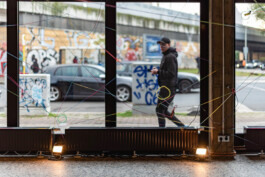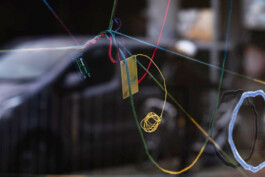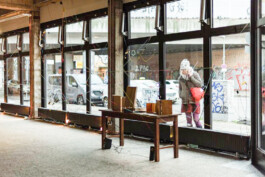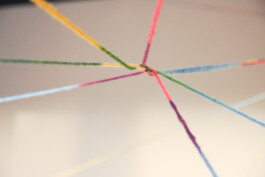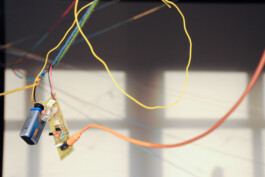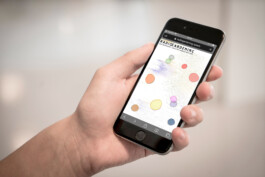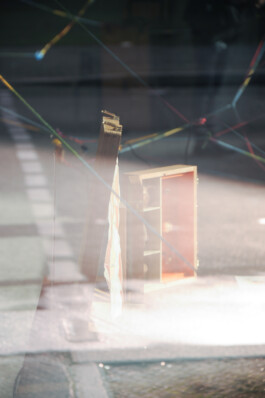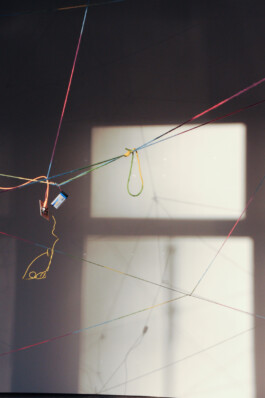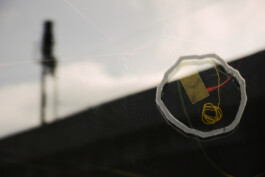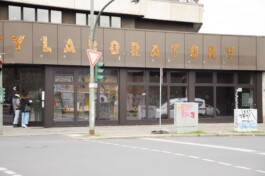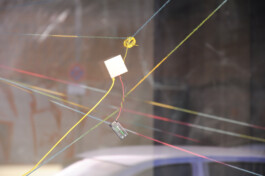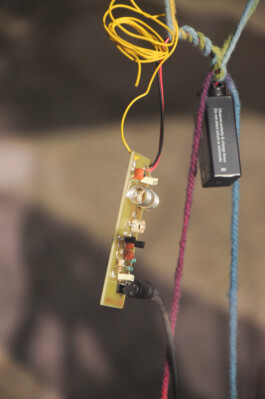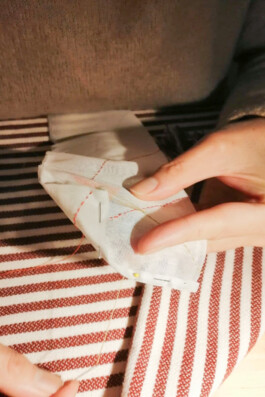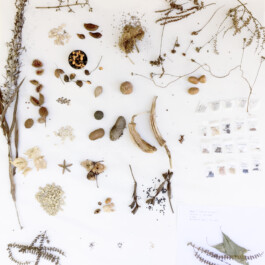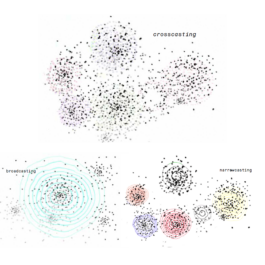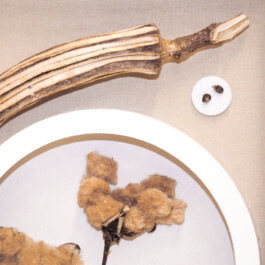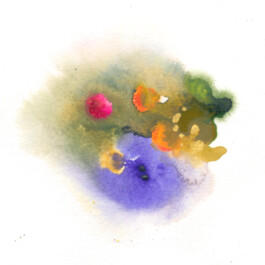Radio Gardening
Masterarbeit von Monaí de Paula Antunes, 2020
Radio gardening is a radiophonic environment, mixing heterogeneous content, formats and traditions of radio-making within radio’s own material complexity. The system was installed by the window showcase of SAVVY Contemporary in Berlin, giving public access to it from outside via FM and internet, with different layers of interactivity. Inside the art space, what was heard was the result of the interaction between listeners on the streets, their devices, the radio environment and the sound archive. The sound archive has been collected around the world until today, via Telegram messaging software. The voice notes and adjacent sonic content have been taken outside of Telegram and into a sound archive and reconfigured in many forms; part of each audible in the platform. The content present in the installation and available online is composed of 10 streams that steam from 3 stations (sonicgarden, seedbiblioteek and fazendinha), which were reconfigured in another 7 by various sets of rules.
The exhibition and corresponding online archive are the first outcomes of broader research on radio as a performative form of archiving, which looks for alternatives to the restrictions and dilemmas of conventional communication, models, research, informatics, cartography and navigation. In radio and its intersection with cybernetics and ecology, we see a materially tangible and transversal form to amplify and vigorously connect the heterogeneous and complex accounts that have long been pushed to the margins, hoping to contribute to the rise above the massive silencing and invisibilization of manifestations operating in different logics from the hegemonic ones.
The different stations correspond to separate audio streams hosted on the web. The radio installation is a transmission ecosystem composed of micro-fm transmitters, some more stable than others, and various receivers. The environment is also permeated by different listening atmospheres, which together with listeners interfere with the whole system.
Begleitet von
Prof. Gabi Schillig
Prof. Dr. Alberto de Campo

